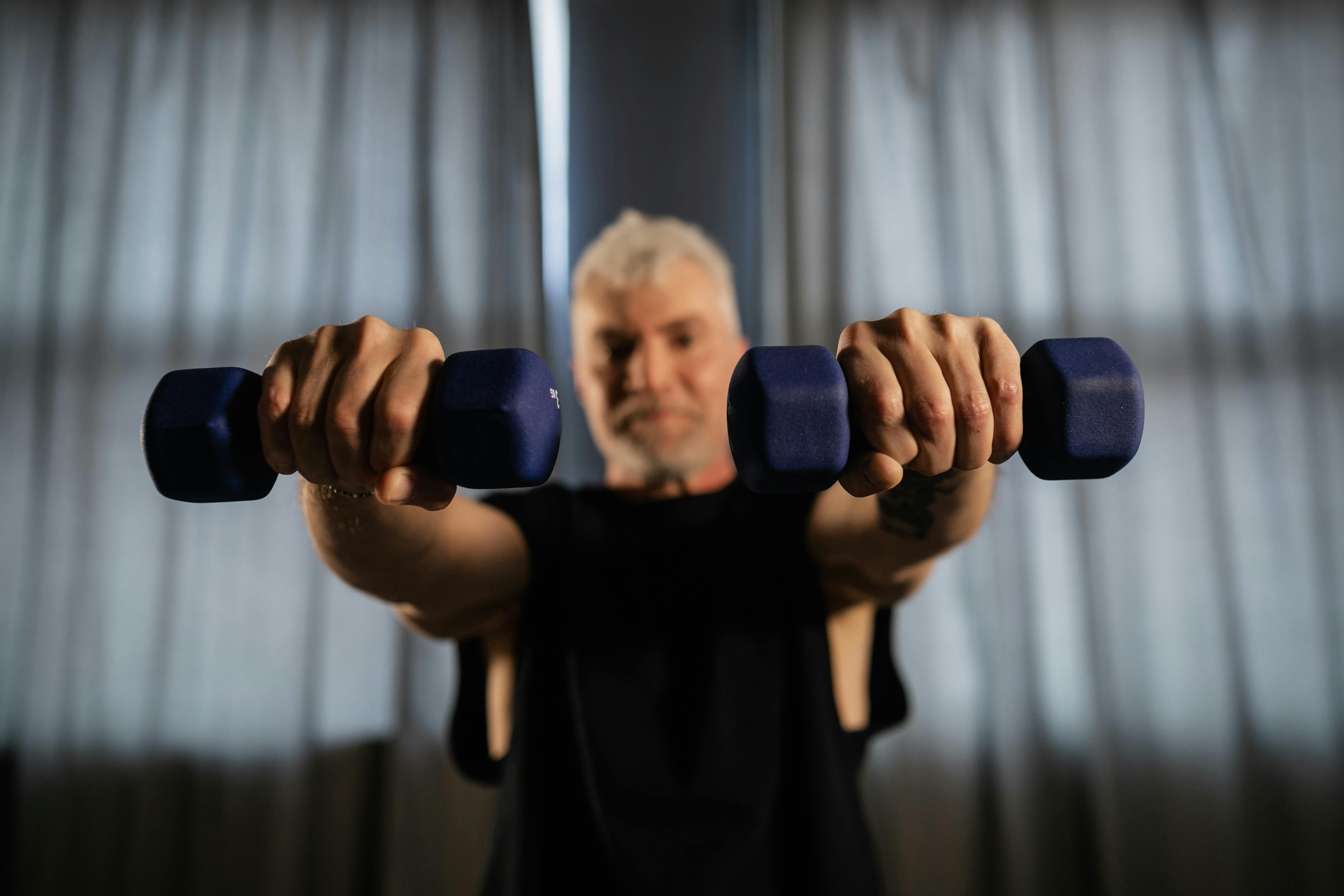The connection between movement and brain health
We often think of exercise as a way to stay physically fit, but research shows that regular movement is just as important for brain health. Whether you want to improve focus, enhance memory, or reduce the risk of cognitive decline, exercise plays a powerful role in keeping your mind sharp.
Scientific studies consistently demonstrate that physical activity enhances memory, attention, and problem-solving skills across all age groups. Let’s explore how exercise impacts cognitive function and what types of movement offer the biggest brain benefits.
The cognitive benefits of exercise
Exercise supports multiple aspects of cognitive function, including:
- Memory enhancement: Regular physical activity improves both short-term recall and long-term memory formation.
- Better attention and focus: Exercise helps increase concentration and reduce mental fatigue, making it easier to stay engaged in tasks.
- Improved executive function: Decision-making, problem-solving, and multitasking all improve with consistent exercise.
Studies show that physically active individuals consistently perform better on cognitive tests than those who are sedentary.
Short-term vs. long-term brain benefits
Immediate effects: the brain boost right after exercise
- Cognitive performance improves within hours of physical activity.
- Blood flow to the brain increases, delivering oxygen and nutrients to support mental clarity.
- Neurotransmitters like dopamine and norepinephrine rise, enhancing motivation and focus.
Long-term effects: protecting the brain over time
- Regular physical activity is linked to a lower risk of dementia and cognitive decline as we age.
- Exercise helps maintain brain plasticity, keeping neural connections strong.
- People who engage in consistent exercise show better memory retention and mental sharpness in later years.
How much exercise is best for cognitive function?
Research suggests an inverted U-shaped relationship between exercise intensity and cognitive benefits. This means:
- The optimal range for cognitive benefits falls between 500 and 1499 MET (metabolic equivalent of task) minutes per week.
- Too little or too much exercise may not provide the same cognitive advantages.
This translates roughly to 150–300 minutes of moderate-intensity exercise per week, such as brisk walking, cycling, or swimming.
How exercise changes the brain
- Strengthens the prefrontal cortex: This area controls decision-making, planning, and impulse control, and exercise increases its activity.
- Boosts neurotransmitters: Dopamine, norepinephrine, and serotonin levels rise, improving mood, focus, and learning ability.
- Promotes brain plasticity: Exercise helps neurons form new connections, supporting learning and memory retention.
Outdoor vs. indoor exercise: Does it matter?
Research suggests that exercising outdoors may offer extra cognitive benefits compared to indoor workouts.
- Better executive function: Activities in natural settings enhance higher-level thinking and problem-solving.
- Greater mental refreshment: Walking in green spaces reduces mental fatigue and improves creative thinking.
- Stronger brain engagement: Nature-based movement stimulates multiple sensory pathways, reinforcing cognitive function.
This means that a run in the park or a brisk walk in nature may offer even greater brain benefits than an indoor treadmill session.
Final thoughts: Move for a sharper mind
Exercise is one of the most effective ways to enhance cognitive function, improve memory, and protect brain health over time. Whether through strength training, cardio, or outdoor activities, regular movement supports a stronger, sharper mind.
To get the best cognitive benefits:
- Move regularly: Aim for 150–300 minutes of moderate-intensity exercise per week.
- Engage in aerobic and strength-based activities: Both contribute to brain health and function.
- Take it outside when possible: Nature-based movement offers additional mental clarity and focus.
By making exercise a consistent part of your routine, you are not just investing in physical fitness: you are building a resilient and high-performing brain.



